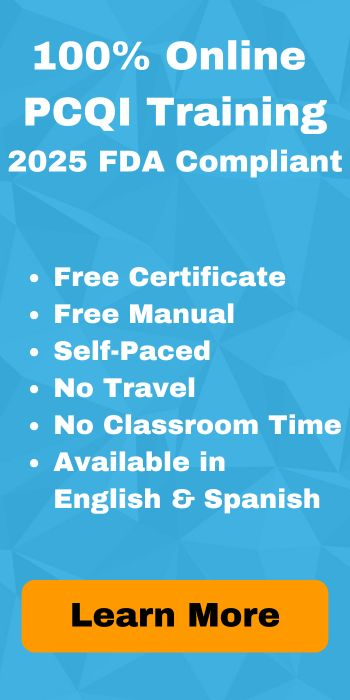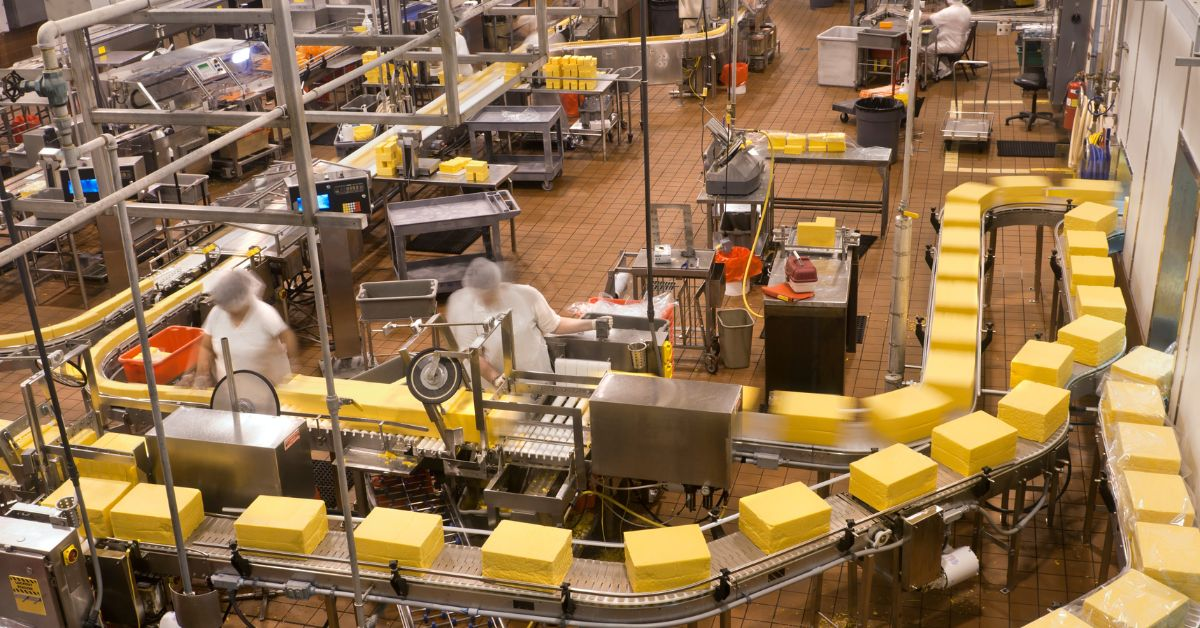
Why having trained PCQIs is more critical than ever in a time of instability
In today’s complex and often chaotic food production environment, food safety professionals face unprecedented challenges. At a recent industry meeting, experts voiced concerns that would have seemed extreme just a few years ago—concerns that now feel all too real.
Among them:
- Government agencies deactivating food safety websites
- Scientists being silenced or laid off
- Supply chains disrupted by geopolitical shifts and tariff battles
- Workforce shortages worsened by immigration enforcement
- A rise in mislabeled, mispackaged, and potentially unsafe products hitting the shelves
These aren’t hypotheticals. They’re happening now.
At the same time, consumers are asking tougher questions:
“Can I trust the food I buy?”
“How do I know what’s really in this product?”
“Why does it feel like recalls are becoming more common?”
And those questions are fair—because cracks are showing in the system.
So what’s the food industry’s first line of defense?
Trained, empowered PCQIs.
Preventive Controls Qualified Individuals (PCQIs) are responsible for creating and implementing the food safety plans required under the Food Safety Modernization Act (FSMA). But today, their role goes far beyond paperwork and checklists.
In a rapidly shifting environment, PCQIs are frontline leaders. They must:
- Assess and approve new or substituted suppliers during supply chain disruptions
- Validate environmental monitoring programs, especially with pathogens like Listeria monocytogenes on the rise
- Implement corrective actions swiftly when labeling or allergen errors are discovered
- Stay current on emerging risks like new pathogens, nanoparticles, and novel packaging materials
- Communicate effectively with internal teams, auditors, and sometimes the public during a recall
In short, PCQIs must be nimble, knowledgeable, and decisive.
That’s why ImEPIK’s 100% online PCQI training goes beyond compliance—it prepares professionals for reality.
We use immersive modules, case-based learning, and interactive tools to teach:
- Hazard analysis and risk-based preventive controls
- Practical decision-making in uncertain, high-pressure scenarios
- FSMA regulations and what they look like in practice
- Supplier verification strategies that work in a disrupted market
- How to build a food safety culture, not just a plan
Whether you’re onboarding a new team member, upskilling someone for a new role, or trying to close a compliance gap, this is the kind of training that makes your team stronger, not just certified.
Because when food safety systems are under stress, the cost of under preparedness is too high.
Don’t wait for the next recall or audit to realize your team wasn’t ready.
🔗 Enroll your team in PCQI training with ImEPIK today: View Course & Pricing







